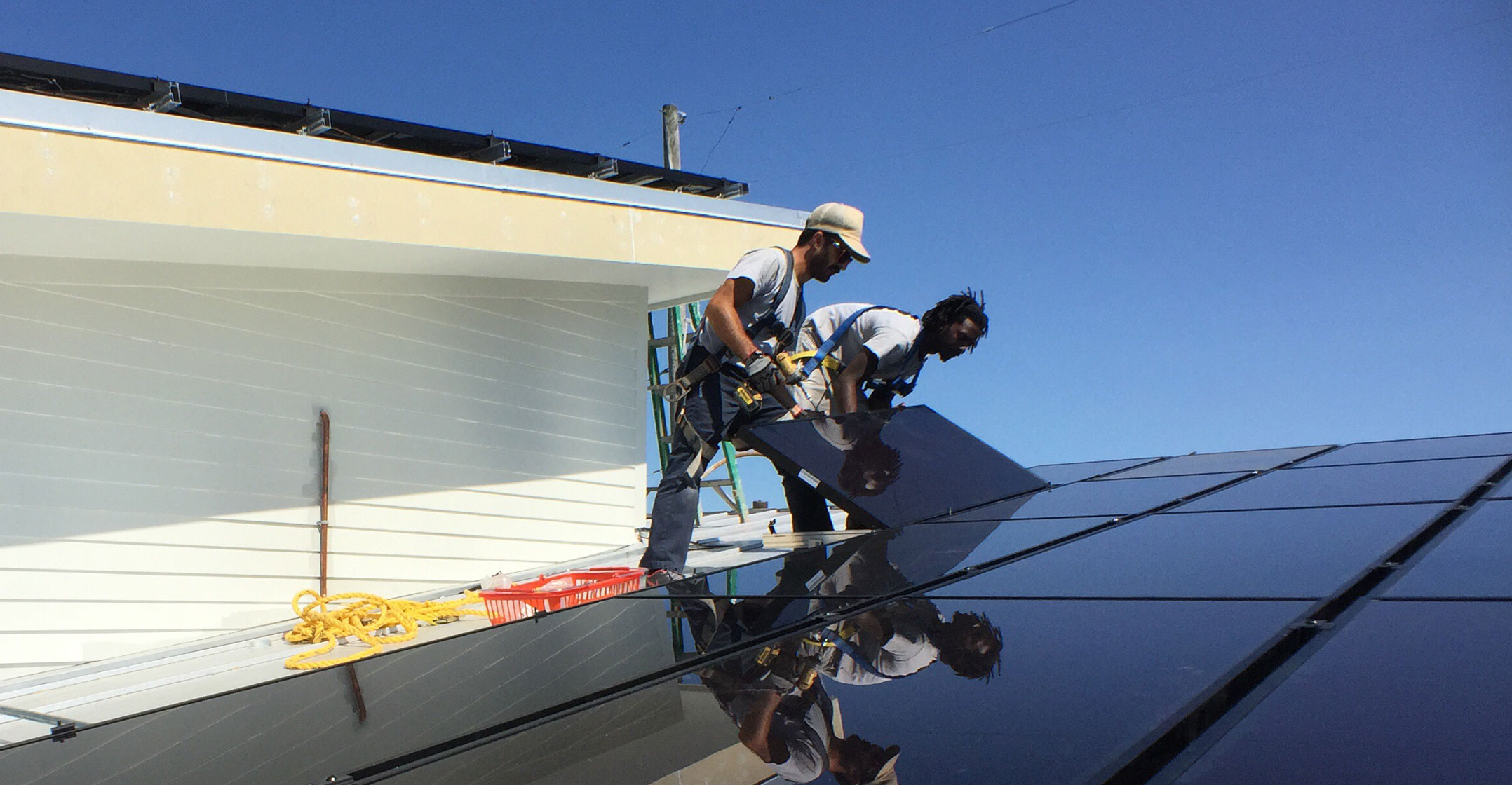 With President Cyril Ramaphosa recently admitting that load shedding is “inevitable” for years to come, more and more South African homeowners and business leaders are looking at ways to become independent from the national power grid. Yet many of them are uncertain about what going off-grid really means, what it costs and where to start. Read: First load shedding of 2020 is here.
With President Cyril Ramaphosa recently admitting that load shedding is “inevitable” for years to come, more and more South African homeowners and business leaders are looking at ways to become independent from the national power grid. Yet many of them are uncertain about what going off-grid really means, what it costs and where to start. Read: First load shedding of 2020 is here.
Here, I try to answer some of the most common questions AWPower get from individuals and businesses wanting to go this route.
1. I want to take my home or business off the municipal electricity grid. What do I need to achieve my goal?
Many people start out their investigation of the possibility of investing in solar power with the dream of taking their building completely off the Eskom or municipal power grid. However, achieving complete grid independence and a zero municipal electricity bill is prohibitively expensive for most businesses and households.
The reality is that without a connection to the grid, you will need to make large investments in batteries and generators to provide power at night or during winter. You will need to oversize battery capacity and the solar panel installation to ensure you have enough power during extended times of low solar generation. In addition, it is advisable to have generators available in case the solar system fails.
2. So, what are my first steps towards becoming more independent from the grid?
For most homes and businesses, a grid-connected system will be much more cost-effective and lower in maintenance than an off-grid system. We recommend a solar hybrid system as a great way to save on your monthly electrical bill while also safeguarding your home or business against load shedding. The main components of such a system are:
- Batteries to keep your essential power loads running when the grid is down;
- Solar panels to generate your own power; and
- A hybrid inverter to manage the energy flow between the solar panels, batteries and essential electrical loads.
A solar hybrid system can be installed in modular steps and scaled up to give you more independence from the grid over the years.
Depending on your needs and budget, you can start with the hybrid inverter and batteries and add solar panels later, or vice versa. Starting with the solar panels allows you to start saving money on power immediately, while starting with the batteries gives you energy security during load shedding.
3. How will reducing my dependence on Eskom or my municipality affect my electricity bill?
Installing solar panels and using the power they generate will allow you to start harvesting immediate savings on your monthly bill. A typical household system (5kW inverter, 4kWp of panels and 10kWh of battery) will generate roughly 600kWh average per month, allowing you to save R1 500/month on a R2 000 electricity bill, paying for itself within seven years. The more panels you install, the quicker the payback period will be. Batteries are a large capital expense and they do not generate direct cost savings, but adequately sized batteries are required to reach full system performance. This is because not all energy usage will be during daylight hours.
4. When is going off-grid a real option?
Complete grid independence isn’t financially viable or attractive for most suburban or city households and businesses. However, it might be an option for you if you live in a remote area with poor or unreliable grid coverage.
You will need to have a spacious property to accommodate the oversized solar panels and batteries you will require to power your entire household. You will also need to make a large capital investment to achieve full grid independence — so you may have to take a substantial loan if you don’t have cash on hand.
5. Can I use my solar installation to power my electric vehicle?
Yes, you can and should, for reasons of sustainability and affordability. Using solar PV to charge your EV will vastly reduce your total well-to-wheel emissions, compared to using Eskom’s coal-fired power. When charging your EV from solar PV generated power at home or the office, you can reduce your direct running cost of the EV to almost nothing.
6. How will a solar installation affect the value of my home?
A solar installation will certainly be an increasingly attractive feature for property buyers in the years to come, although the value it could add to your home depends on several factors. These include where your property is located, the type of installation you have put in place and the impact of the installation on the monthly electricity bill.
A high-quality installation with a long warranty will be more attractive to a buyer than a poorly specced system with low-quality components. It’s wise to get professional advice to avoid overcapitalising, if increasing the value of your home is a primary consideration.
- Christiaan Hattingh is MD of energy solutions provider AWPower, an engineering services-led energy solutions provider in the AWCape group of companies

